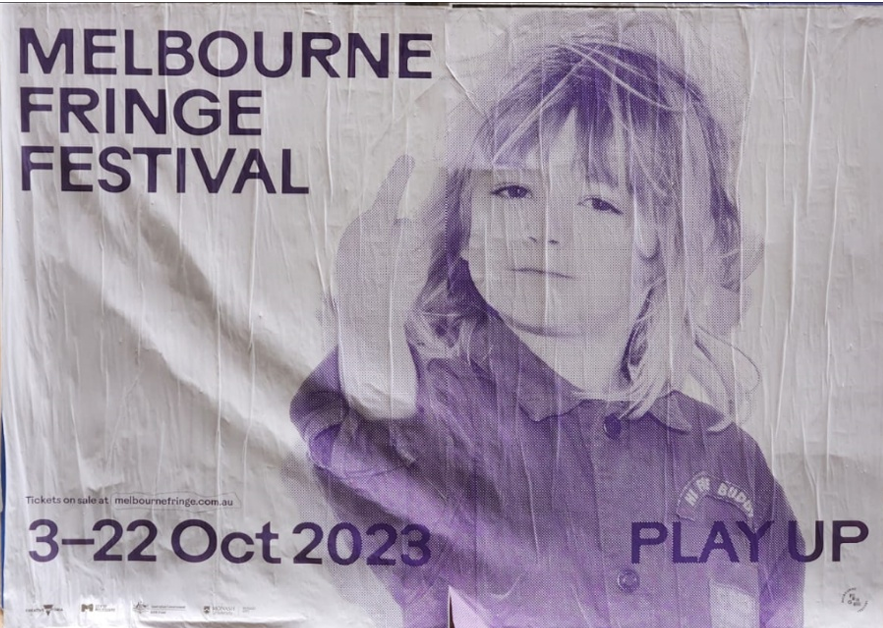
Ad Standards flips the bird at Big W advert

The offending Big W scene
Ad Standards has ruled against a Big W commercial that shows a “fleeting and pixelated” shot of a young girl sticking up her middle finger at the camera, finding it breached the advertising code of ethics.
The ad features a mother sarcastically saying “How good’s school holidays? So good”, before crashing into scenes of misbehaving, noisy children running around the house, playing and making a mess. The offending shot shows a child laying on a lounge in pajamas, giving the middle finger to the camera.
The commercial received complaints for its depiction of “inappropriate nonverbal language by a child”, which breaches Section 2.5 of the AANA Code of Ethics. It aired across free-to-air, subscription, and streaming TV, as well as on Youtube.
Big W argued that the ad is aimed at parents, designed to be “humorous and cheeky, like the children that it features”, and that the middle-finger shot “is fleeting, is not done in an aggressive manner or in a way that undermines the parent’s authority, and is not obscene”.
Enjoying Mumbrella? Sign up for our free daily newsletter.
The retailer further points out that Section 2.5 says “advertising which sufficiently beeps or censors language so that it cannot be understood will not be seen to be strong or obscene language”, and that Ad Standards has previously dismissed five other cases involving the use of a middle finger.
One of these cases was an outdoor ad for Melbourne Fringe Festival that “consisted entirely of a child giving the middle finger”. In this previous case, Big W argued, “the gesture was not pixelated, the child was younger, and the advertisement was shown outdoors where children are more likely to see it.”
Big W’s defense also noted that the Ad Standards panel has on previous occasions “acknowledged that the middle finger gesture is commonly used as part of Australian culture, and that when used in a non-aggressive way it is not strong or obscene.”
Further to this, Big W argued the ad only received a small number of complaints compared to the amount of households it reached, and that it was targeted at those over 25 on digital and online platforms.
Nevertheless, the panel found that ad breached Section 2.5 of the code, ruling “there is a higher sensitivity in the community relating to the use of inappropriate language by children, even when it is not used in a demeaning or aggressive manner.”
Ad Standards acknowledged the advertisement “sympathised with parents who need to manage such behaviour”, however the offending scene “even if it is fleeting and pixellated, left little to the imagination of any viewer” and that most members of the public would consider the gesture “inappropriate for children to use, even if done in a playful setting.”
In regards to the Fringe Festival advertisement cited as a precedent, Ad Standards argued the ad was “promoting an artistic festival aimed at challenging norms”, and “appeared at a location targeted at likely attendees”. The Big W ad, however, is “directed at a much broader audience, who would not necessarily want to challenge societal norms, and would consider a child displaying the middle finger as inappropriate for a broad audience.”
After the ruling, Big W confirmed that the advertisement has already been discontinued, and will not be used “in its original form going forward”.




If you complained about this you live a sad and pathetic existence
Everyone asks why brands refuse to take risks and be more playful, but stories like this are the answer. They show exactly why ‘playing it safe’ is the norm. Kudos to BIGW for doing it anyway, I loved it!
So we can have Honey Birdette displaying massive BDSM style images in shopping centres where parents take their kids every day, but heaven forbid a flash of a pixillated image of a kid maybe flipping the bird. Honestly who makes this shit up?
Do you even know what BDSM is? You’re just as bad as them complaining about nothing